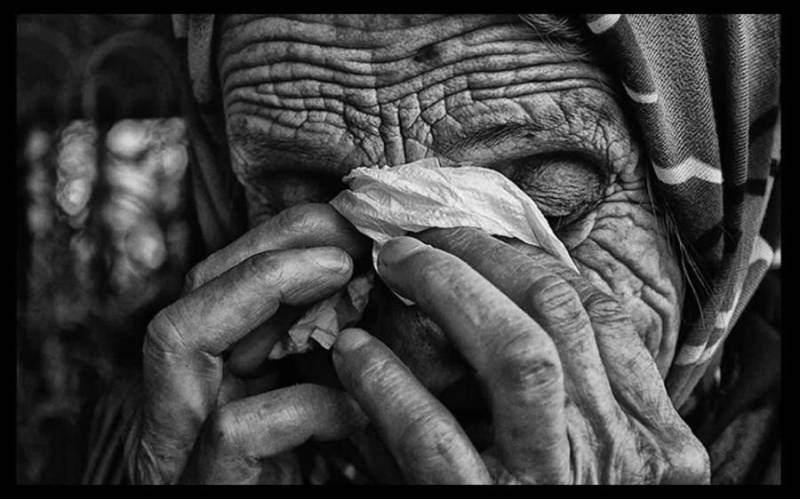Life is hard for women in the patriarchal societies of India and Pakistan with hundreds of incidents of rape recorded every year. The actual figures may be much higher than what is reported in the media and reports published by human rights groups. A series of incidents has led to Delhi being branded as the rape capital of the world. The situation in Pakistan from urban centers to rural areas is not better in any way. According to the Human Rights Commission of Pakistan (HRCP), an incident of rape occurs every two hours and a person is gang-raped every four to eight days. These are alarming statistics, which point towards the state’s failure to protect predominantly female victims. While the law offers strict punishment for rapists, it is often not implemented due to societal pressures and corruption in the criminal justice system.
Rape victims in Pakistani and Indian societies often choose to remain silent due to fear of stigmatization at the hands of police and the wider society. They are often viewed as responsible for bringing ‘shame’ upon themselves and their families. Some do not even reveal what they’ve gone through to their families and are forced to deal with the trauma on their own. Once identified as a rape victim, women find themselves ostracised and denied opportunities to lead a normal life once again. They are not deemed fit for marriage and not allowed to recover from incidents that occur due to no fault of their own. The sort of social awareness and legal campaigns that have been recently carried out in India following the brutal rape of a Delhi student in a bus are yet to be witnessed in Pakistan. While anti-rape legislation has been introduced in the country’s parliament, there is plenty that needs to be done to rectify the situation. Problems are exacerbated by anti-women entities such as the Council of Islamic Ideology (CII), which stands against employing DNA evidence to identify and convict rapists. Moreover, tribal jirgas that mediate in the absence of a legal body often pass decisions that either endorse rape or are otherwise unfavourable to rape victims.
In both India and Pakistan, there is a serious lack of education, which encourages patriarchal tendencies amongst men who don’t think twice before attacking women to exercise power. Since sex remains a taboo in these societies, sexual frustration emerges as a key factor behind incidents of rape. However, the affects of ignorance and sexual frustration would not have been so destructive if not for the poor implementation of the law, which leaves culprits undeterred and emboldened. The menace will not be curbed as long as the state and its judicial system comes down heavily against the aggressor and in favour of the victim.
Friday, April 19, 2024
Rape In The Subcontinent

Opposition objects to oath-taking of MNAs amid lawlessness
5:15 PM | April 19, 2024
Electioneering to end on Friday night ahead of by-polls in 21 constituencies
5:14 PM | April 19, 2024
Fawad Chaudhry granted bail in 14 cases related to May 9 violence
5:13 PM | April 19, 2024
British Army chief lauds Pakistan Army's professionalism, expertise
5:12 PM | April 19, 2024
Israeli aircraft fire missiles at Air Force assets in Iran: Report
3:52 PM | April 19, 2024
A Tense Neighbourhood
April 19, 2024
Dubai Underwater
April 19, 2024
X Debate Continues
April 19, 2024
Hepatitis Challenge
April 18, 2024
IMF Predictions
April 18, 2024
Kite tragedy
April 19, 2024
Discipline dilemma
April 19, 2024
Urgent plea
April 19, 2024
Justice denied
April 18, 2024
AI dilemmas unveiled
April 18, 2024
ePaper - Nawaiwaqt
Advertisement
Nawaiwaqt Group | Copyright © 2024





